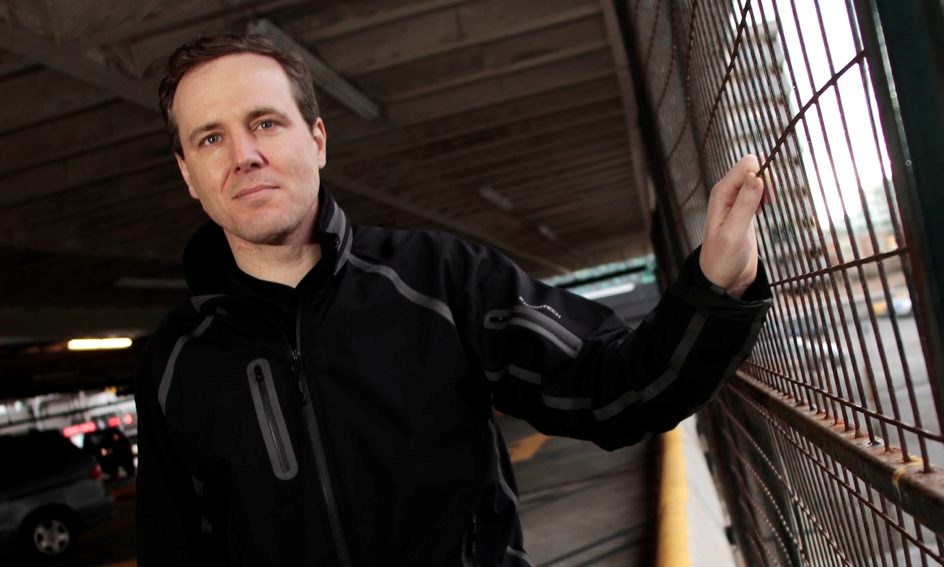The number of homeless seniors in Victoria is increasing, mirroring the aging general population, says the executive director of the Greater Victoria Coalition to End Homelessness.
“There’s a slow but steady increase in the number of those who are 56 or older,” Andrew Wynn-Williams said.
“When you’re over 55, you are a senior [on the streets] because they face such hardship through their lives that they die much younger.”
Coalition figures from 2011-12 show that seniors made up 12 per cent of the street population, up from eight per cent in 2008-09. At least 1,617 individuals used an emergency shelter at least once in 2011-12, according to the coalition.
“And anyone who knows anything about demographics would tell you that is going to continue to increase,” Wynn-Williams said.
Health issues escalate with age, just as in other populations, Wynn-Williams said. “Seniors start to need added medical care, and seniors who have been on the street all their lives are naturally going to be less healthy.”
It is easier to deal with other problems once a person is housed, but the shortage of affordable housing means that is not always an option, Wynn-Williams said.
Kathy Stinson, executive director of the Victoria Cool Aid Society, said a central registry involving a number of organizations is helping to prioritize urgent cases.
“It’s a triage system where we look at health needs and the inventory and where there are vacancies that meet the needs,” she said.
But the housing stock is not sufficient to meet the needs, Stinson said.
“The whole population curve is aging. … We need to build more housing.”
Cool Aid, which already runs three buildings with 113 units of supported, affordable housing for seniors, is planning to build another 43-unit complex for seniors.
“It’s probably a year or two away,” Stinson said.
John Braun, Vancouver Island Health Authority’s manager for mental health and substance abuse, said the aging population means those who already have mental health, addiction or homelessness issues are now struggling with physical problems, including restricted mobility.
“VIHA is aware this is a growing issue and we are definitely looking at the gaps in resources that we have to serve these individuals,” he said.



